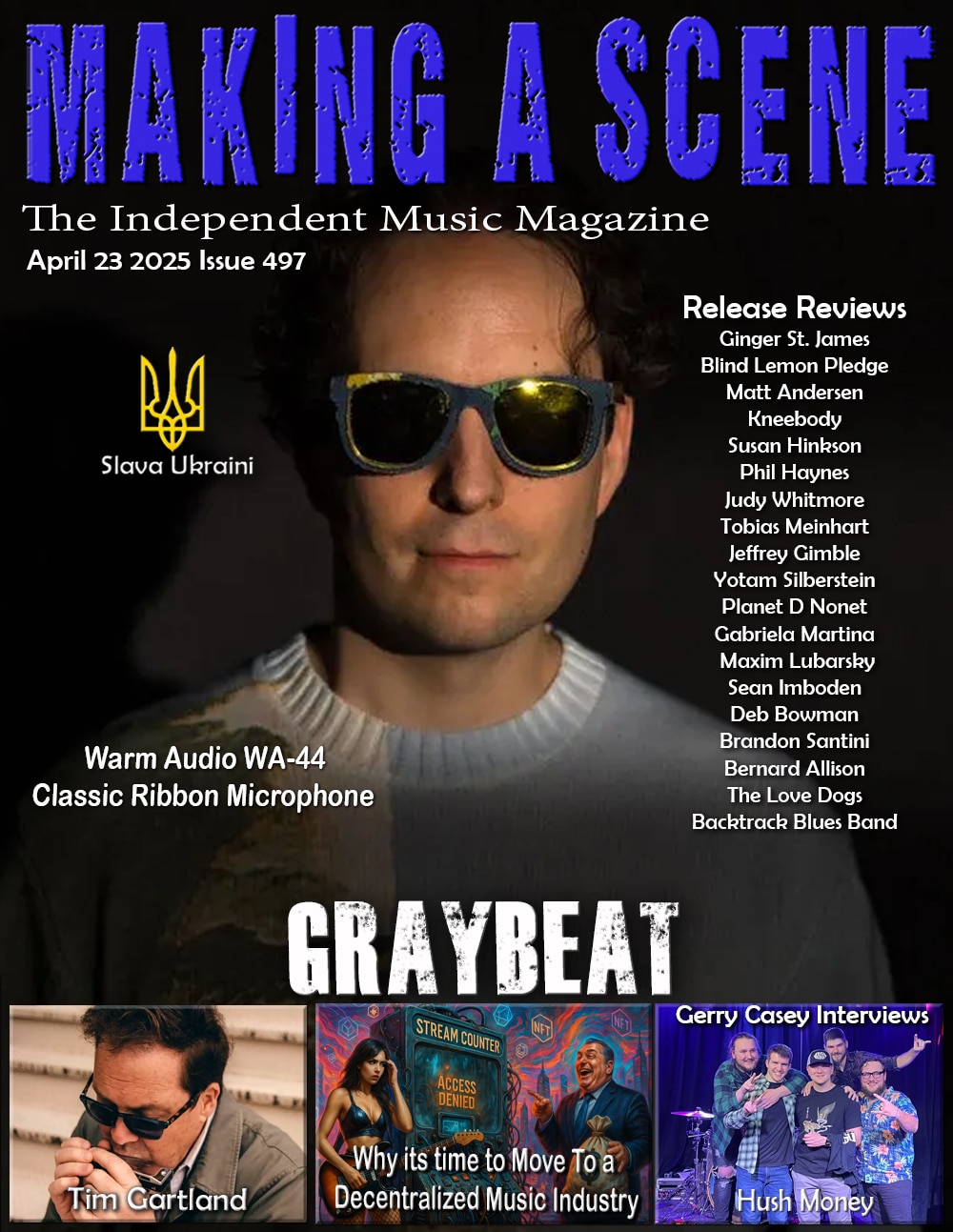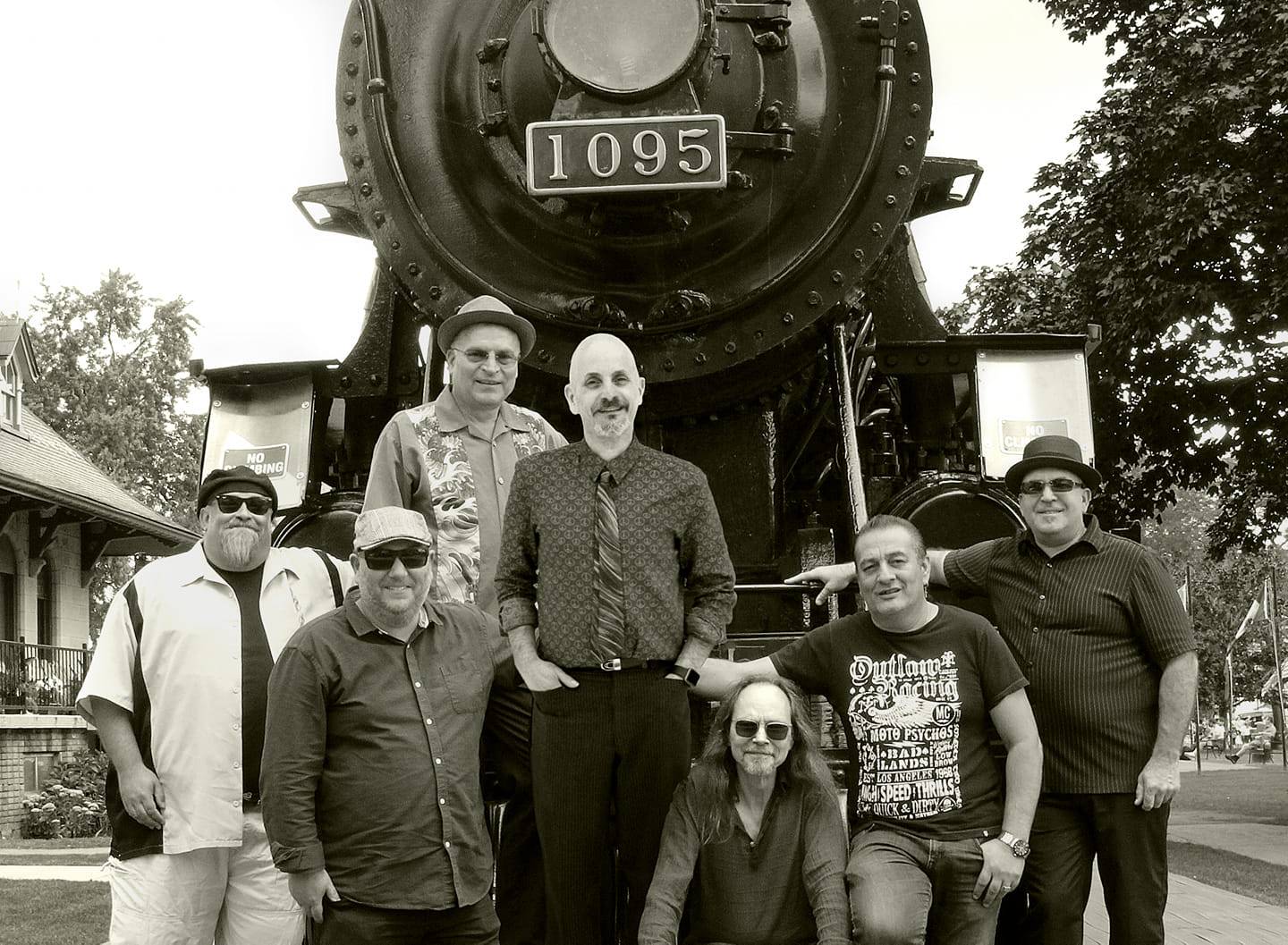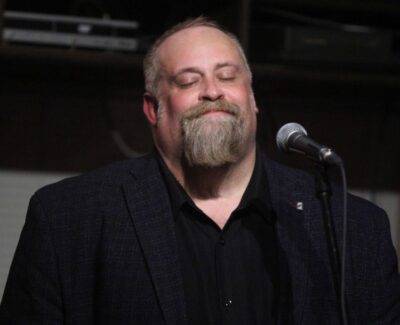The Smoke Wagon Blues Band is Making a Scene
HOME PAGE
Making a Scene Presents an Interview with Corey Lueck of the Smoke Wagon Blues Band!
Featuring whisky-stained soul vocals, funky blues harmonica, slick R&B/roots guitar, swinging piano work, soulful organ, riveting saxophone, with a racy, taut rhythm section, The Smoke Wagon Blues Band has been performing on festival stages for over two decades. Formed in 1996, the band first became crowd favorites in Hamilton, Ontario’s famous Hess Village. Seven independent album releases, international radio play, and a large local fan base propelled the band to venues across the continent. The group’s last three albums were international hits reaching the top of the Roots and Blues charts and garnering 5-star reviews in blues magazines and blogs around the globe.
The band’s previous release, “Cigar Store”, won 3 Awards at the Independent Blues Awards: Best New Blues, Best R&B Song, and Best Modern Roots Album. “Cigar Store” spent over 47 weeks on the Top 50 Roots Music Reports Blues Charts reaching #2 in Canada, #6 in USA, and #16 in Australia. On the home front the group has been nominated and won several awards including: Hamilton Music Awards, Hammer Blues Awards and Maple Blues Awards. Red-hot live performances have become the talk of the town at venues across the county and beyond – including a three-night stand at Club 152 during the 2016 International Blues Challenge in Memphis, Tennessee.
Perhaps Corey Lueck says it best, with his account of the growth and history of The Smoke Wagon Blues Band:
Though Mike Stubbs and I didn’t know each other back then, both of us grew up as teenagers sneaking out to see King Biscuit Boy in Hess Village. When we were starting out, the Hamilton blues scene was something magical; starting at one end of the street and catching sizzling sets by the likes of Harrison Kennedy, Biscuit Boy, Sonny Del Rio or Trick bag and ending the evening with some smoking down-and-dirty-blues by Tim Gibbons and the Little Red Rooster band. Once polished enough to be accepted into the village scene, playing such clubs as 33 Hess and The Mermaid, we slowly started to carve a niche with our own brand of blues. The pay was never very good, but what a way to develop our sound! Packed clubs and streets on hot summer nights, people dancing from bar to bar, musicians running from venue to venue to catch a few tunes between sets (or to borrow a guitar string). What made that time so special was that people really came out for the music. The music was just as important to the audience as it was to the musicians. Music speaks the truth, and that’s what the blues are all about…while also leaving a little room to boogie!
Discover more from Making A Scene!
Subscribe to get the latest posts sent to your email.
























































